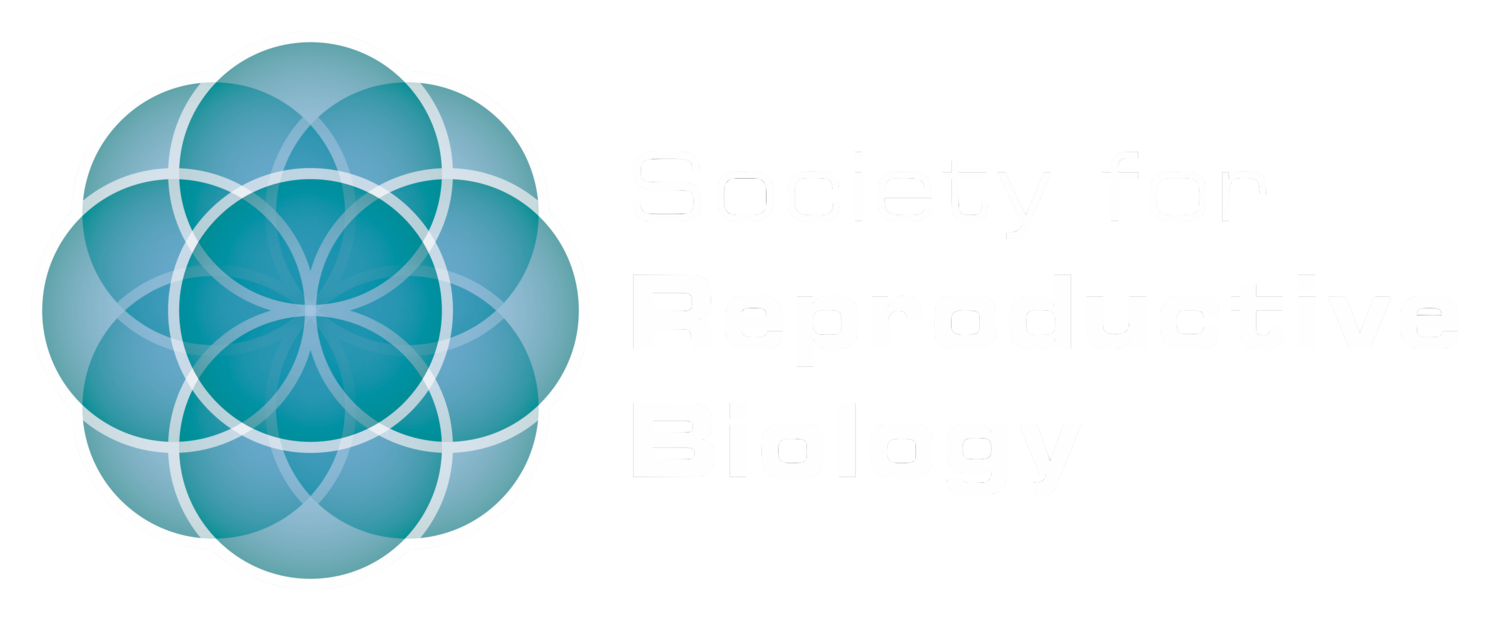DIVERSITY, EQUITY AND INCLUSION
The Society for Reproductive Biology
Diversity, Equity, and Inclusion Working Group
Terms of Reference
1. Purpose
The Society for Reproductive Biology (SRB) Diversity, Equity, and Inclusion (DEI) Secretary, and the SRB DEI Working Group was established to advise the Society and support advancement of a culture where every member has the opportunity to contribute to and drive excellence in reproductive science. This is founded on the principle that the highest quality science emerges when systemic barriers and inequitable structures do not limit the potential of any individual. The SRB DEI Secretary and Working Group will work to ensure that society events, communication, ways in which we recognise excellence and achievement, our research and education agenda, and leadership opportunities reflect the values of diversity, equity, inclusion, while also aligning to a common goal of enhancing understanding of reproductive science, rights and justice.*
2. Objectives
· Promote equitable participation across all aspects of the society, including leadership, awards, speaker invitations, and mentorship and opportunity.
· Identify and work towards removing systemic barriers that may constrain and/or prevent some individuals from contributing fully to SRB’s scientific endeavour, especially those from underrepresented groups (including LGBTQIA+ individuals, Indigenous/First Nations peoples, people with disabilities, reduced access, racially and culturally minoritised groups, and gender).
· Embed reproductive scientific principles within the society’s strategic decisions, activities and outputs.
· Develop and oversee implementation of the society’s DEI action plan, monitoring progress to ensure a meaningful, sustained culture that supports the best reproductive science.
· Advise across all society portfolios to embed inclusive practices. This includes, but is not limited to, conference programming, awards (invited and chosen) and membership engagement.
· Support diversification of the reproductive science workforce by promoting inclusive pathways into and through the field, including initiatives in mentorship and early- to mid-career development.
· Act as a visible and approachable resource, offering members a point of contact within the society to raise concerns or suggest improvements related to inclusion, equity, or participation.
· Facilitate access to resources available to underrepresented members of the society through our website.
3. Scope
The DEI Secretary and Working Group will:
· Review and inform society policies, processes, and structures to promote equitable participation in leadership, awards, speaker selection, and recognition.
· Conduct periodic membership demographic surveys, analyse and report findings, and use results to identify gaps and recommend inclusive improvements.
· Develop, implement, and monitor the society’s DEI action plan, ensuring that initiatives are practical, impactful, and sustainable.
· Collaborate with society portfolios and external partners (e.g., Local and Program Organising Committees, Awards, Education, Corporate Conference Organisations (e.g. ASN events) to ensure DEI is reflected in all planning and delivery.
· Support facilitation of DEI-related workshops, panels, and training at annual meetings.
· Champion inclusive career development pathways through mentorship, especially supporting early- and mid-career members.
· Act as a visible and trusted point of contact for members to raise DEI-related concerns or suggestions.
4. Membership
· Size: 5–8 members, including a Chair (DEI Secretary) and a Co-Chair (self-nominated from elected Council members).
· Composition: Aim for diverse representation in terms of but not limited to gender identity, sexual orientation, race/ethnicity, career stage, discipline/area, and geographic location.
· Appointments: Members are appointed by the SRB Council following an open expression-of-interest process.
· Terms: Three-year terms, with a view in the final year to transition the Chair/Co-Chair positions to ensure strong leadership succession.
5. Roles and Responsibilities
The Working Group members will:
· Attend and contribute to focused ad-hoc meetings.
· Review data (survey and other) and make DEI recommendations.
· Lead or contribute to DEI initiatives, including surveys and events.
· Promote transparency and community engagement on DEI matters.
· Stay informed on current best practices in equity and inclusion within scientific societies and reproductive research to strengthen the society’s practices and learning.
· Act as points of contact for society membership to confidentially raise concerns, seek support, or propose ideas related to DEI.
6. Meetings
· Hold ad-hoc meetings in alignment with work focus/Council request - approximately quarterly (virtually or in person).
· A quorum will consist of 50% of members.
7. Reporting
· The Secretary and Working Group reports to the Society’s Executive Council.
· Annual progress reports will be presented in the Annual General Meeting (AGM) report and made publicly available on the society’s website.
8. Guiding Principles
· Equity as a foundation for scientific excellence – recognising that removing systemic barriers enhances the quality and impact of Australia’s reproductive science.
· Accessibility and inclusion by design – proactively designing society structures, events, and communications to be inclusive and accessible to all.
· Collaboration and shared leadership – fostering a culture where diverse perspectives are not only welcomed but shape decision-making and strategy.
· Continuous learning and reflexivity – remaining open to feedback, evolving with evidence, and recognising that DEI work is ongoing.
· Transparent and accountable evidence-led advice - grounded in data and best practice.
· Respect and dignity for all members.
· Commitment to anti-racism, anti-discrimination, and intersectionality - actively work to challenge and dismantle systems of exclusion.
· Reproductive justice and bodily autonomy.
· Inclusion of historically excluded voices in scientific discourse - ensures richer, more representative science and stronger community relevance.
9. Resources and Support
· The Society will provide support and, on an ad-hoc basis may be requested to provide financial support of agreed upon DEI initiatives (e.g. training, speaker honoraria, accessibility services).
· Data access for DEI monitoring.
10. Evaluation and Review
· The Terms of Reference will be reviewed every two years or as needed.
· Effectiveness of the DEI Committee and associated initiatives will be evaluated annually through diversity metrics tracking, and member feedback (survey/testimonials).
* recognising that social, economic, and structural inequities shape reproductive choices and outcomes.
